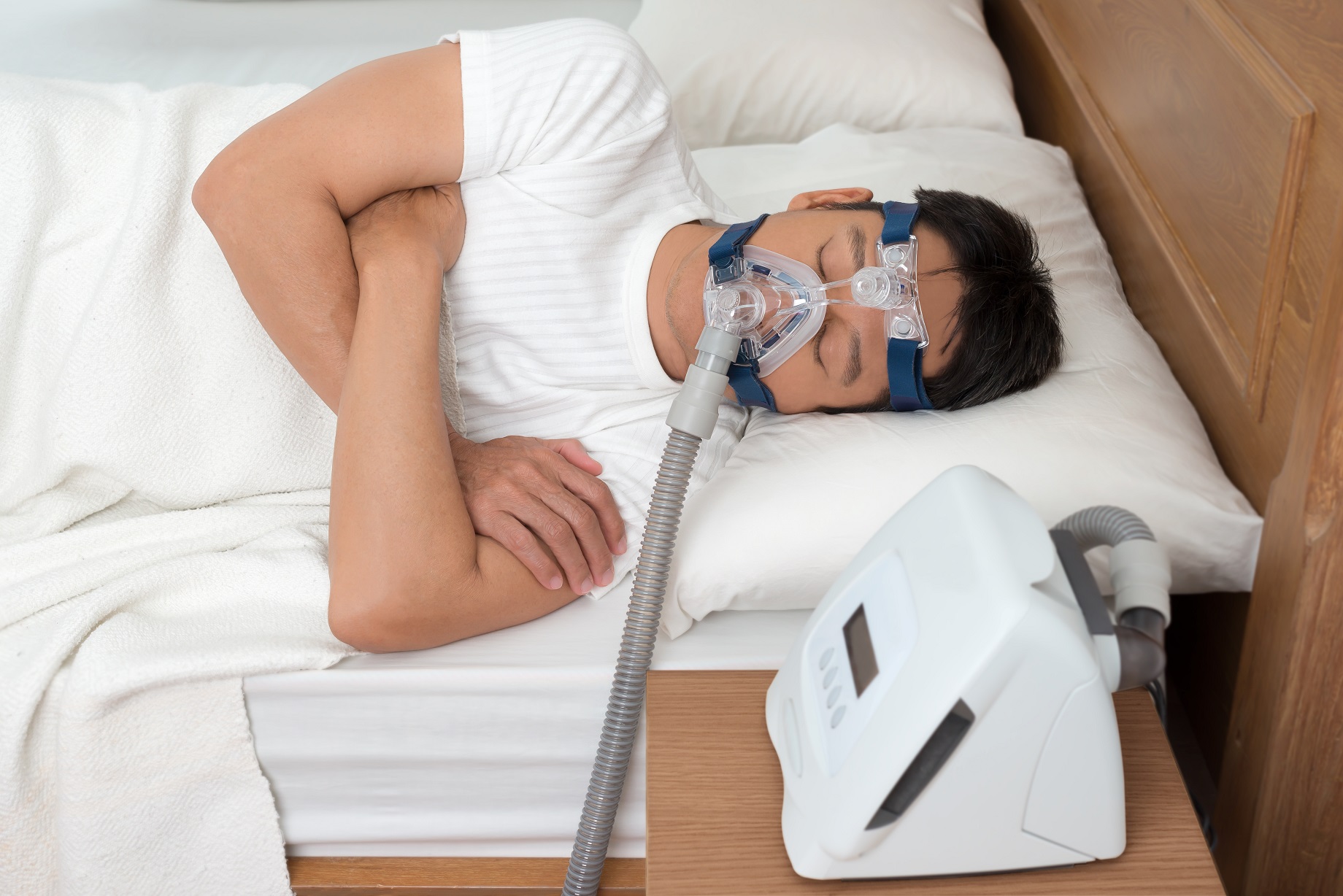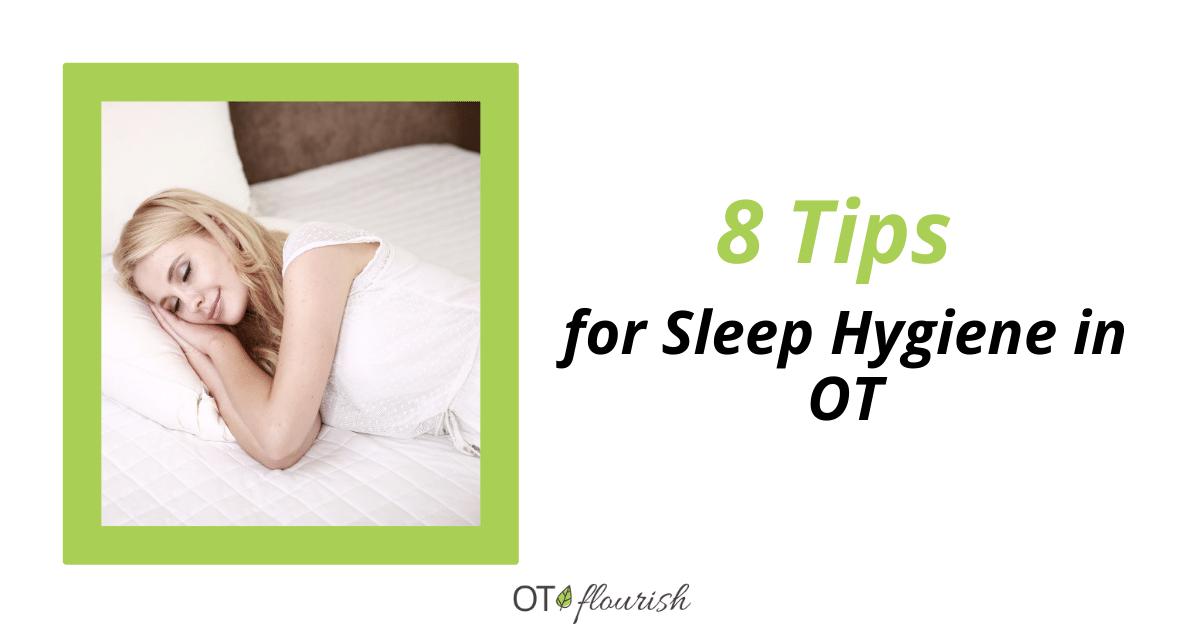Efficient Treatment Solutions for Taking Care Of Sleep Disorders and Enhancing Relaxed Sleep
In the realm of health care, the monitoring of sleep problems and the mission for relaxing rest are critical elements of total well-being. Efficient therapy services supply a diverse approach to take on these challenges, varying from cognitive behavioral treatments to all natural practices that promote relaxation and mindfulness. The exploration of different techniques, including the assimilation of medicine and light treatment, opens up a world of opportunities in the quest of better rest top quality. As we navigate the complex landscape of rest problems and seek to improve our rest experience, a deeper understanding of these therapy options might hold the trick to unlocking a much more rejuvenating and fulfilling corrective trip.
Cognitive Behavior Modification for Sleeping Disorders (CBT-I)
Cognitive Behavior Modification for Sleep Problems (CBT-I) is a structured, evidence-based therapy strategy that concentrates on addressing the underlying variables adding to rest disturbances. This type of treatment aims to change behaviors and ideas that exacerbate sleep problems, inevitably advertising healthy sleep patterns. CBT-I commonly includes numerous key parts, including cognitive treatment, sleep restriction, stimulus control, and rest health education and learning.
Cognitive therapy aids people identify and change unfavorable thought patterns and beliefs regarding sleep that might be impeding their capacity to drop or remain asleep. Rest constraint involves limiting the amount of time invested in bed to match the person's real sleep period, consequently raising rest efficiency (insomnia specialist). Stimulus control techniques assist develop a strong association in between the bed and sleep by urging individuals to visit bed only when drowsy and to avoid involving in boosting activities in bed
In addition, rest health education and learning focuses on establishing healthy and balanced sleep behaviors, such as keeping a regular sleep timetable, developing a relaxing bedtime routine, and maximizing the rest setting. By addressing these factors thoroughly, CBT-I uses an efficient non-pharmacological intervention for handling insomnia and improving overall sleep top quality.
Sleep Health Practices
Having established the foundation of cognitive restructuring and behavioral modifications in resolving sleep problems via Cognitive Behavioral Treatment for Insomnia (CBT-I), the focus currently moves towards checking out vital Sleep Health Practices for keeping ideal rest quality and overall health.
Sleep hygiene techniques incorporate a variety of practices and ecological factors that can substantially impact one's ability to fall asleep and stay asleep throughout the evening. Regular sleep and wake times, developing a relaxing bedtime routine, and maximizing the rest environment by keeping it dark, peaceful, and cool are important components of good rest hygiene. Limiting exposure to displays before going to bed, staying clear of stimulants like caffeine near to bedtime, and engaging in normal exercise throughout the day can also advertise better sleep top quality.
Furthermore, practicing leisure strategies such as deep breathing workouts or reflection prior to bed can assist calm the mind and prepare the body for rest. By incorporating these sleep health techniques right into one's daily regimen, individuals can develop a healthy and balanced rest pattern that supports relaxed rest and total wellness.
Relaxation Techniques and Mindfulness
Applying leisure techniques and mindfulness techniques can play a pivotal role in promoting a sense of calm and advertising top quality sleep. Furthermore, guided images can aid move people to a calm official site location in their minds, assisting in tension decrease and enhancing rest top quality.
By integrating these practices into a bedtime routine, individuals can signal to their bodies that it is time to unwind and prepare for rest. Overall, integrating leisure methods and mindfulness methods can substantially add to handling rest conditions and enhancing total sleep top quality.

Medication Options for Sleep Disorders
After discovering leisure strategies and mindfulness find more information practices as non-pharmacological treatments for enhancing rest high quality, it is important to think about medication options for people with rest conditions. In instances where lifestyle changes and treatment do not supply adequate relief, medication can be a beneficial tool in handling sleep disturbances.
Frequently suggested medications for rest disorders include benzodiazepines, non-benzodiazepine hypnotics, antidepressants, and melatonin receptor agonists. Benzodiazepines, such as diazepam, are sedatives that can help cause rest, however they are commonly recommended for short-term use as a result of the risk of dependancy. Non-benzodiazepine hypnotics like zolpidem are likewise used to treat sleeplessness and have a reduced threat of dependancy contrasted to benzodiazepines. Antidepressants, such as trazodone, can be useful for individuals with co-occurring anxiety and rest disturbances. Melatonin receptor agonists, like ramelteon, target the body's all-natural sleep-wake cycle and can be useful for controling sleep patterns.
It is essential for individuals to seek advice from a healthcare copyright to determine the most appropriate drug option based on their certain sleep condition and case history.
Light Therapy for Circadian Rhythm Law
Light treatment, likewise recognized as phototherapy, pediatric sleep study is a non-invasive treatment approach utilized to manage circadian rhythms and boost sleep-wake cycles. This treatment entails direct exposure to bright light that simulates natural sunlight, which helps to reset the body's biological rhythm. By exposing individuals to certain wavelengths of light, normally in the early morning or evening depending on the preferred effect, light treatment can effectively adjust the circadian rhythm to advertise wakefulness during the day and boost relaxed rest at night.
Research has actually shown that light therapy can be specifically valuable for people with body clock disorders, such as delayed rest phase syndrome or jet lag. It can additionally be useful for those experiencing seasonal affective problem (SAD), a kind of anxiety that commonly occurs throughout the winter season when all-natural light direct exposure is lowered. Light treatment is usually well-tolerated and can be used combined with various other treatment methods for sleep problems to optimize end results and improve overall rest high quality.
Conclusion
To conclude, efficient treatment services for handling sleep problems and improving restful sleep consist of Cognitive Behavioral Therapy for Sleeping Disorders (CBT-I), sleep hygiene practices, leisure strategies and mindfulness, drug options, and light treatment for body clock policy. These methods can assist people enhance their sleep top quality and overall well-being. It is essential to talk to a healthcare copyright to determine one of the most suitable approach for dealing with sleep concerns.
As we navigate the intricate landscape of rest problems and seek to boost our rest experience, a much deeper understanding of these therapy options may hold the key to opening an extra relaxing and meeting corrective trip.
Sleep limitation involves limiting the amount of time spent in bed to match the individual's actual rest duration, thus enhancing rest efficiency. Constant rest and wake times, creating a relaxing bedtime regimen, and enhancing the rest setting by keeping it dark, quiet, and cool are important parts of great sleep hygiene. Light therapy is usually well-tolerated and can be used in combination with various other therapy methods for rest problems to optimize outcomes and enhance overall sleep quality.

Comments on “Sleep Improvement Therapy - Boost Your Sleep Top Quality”